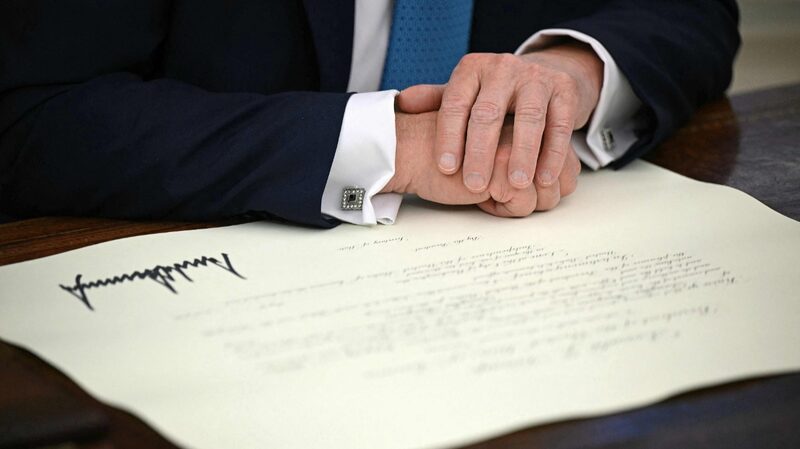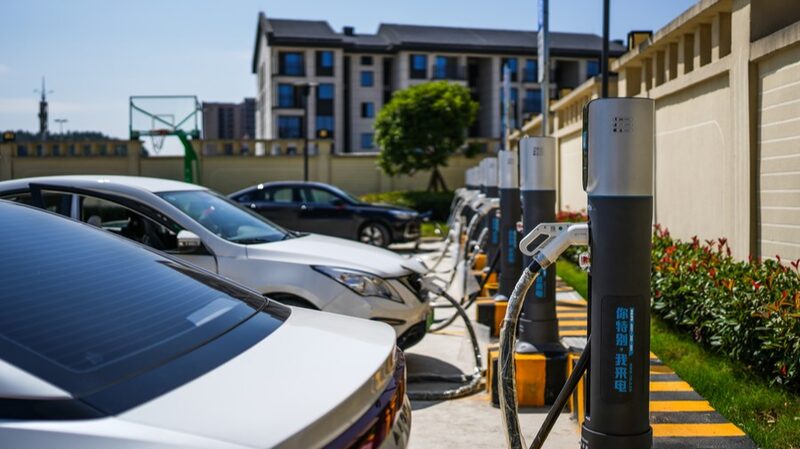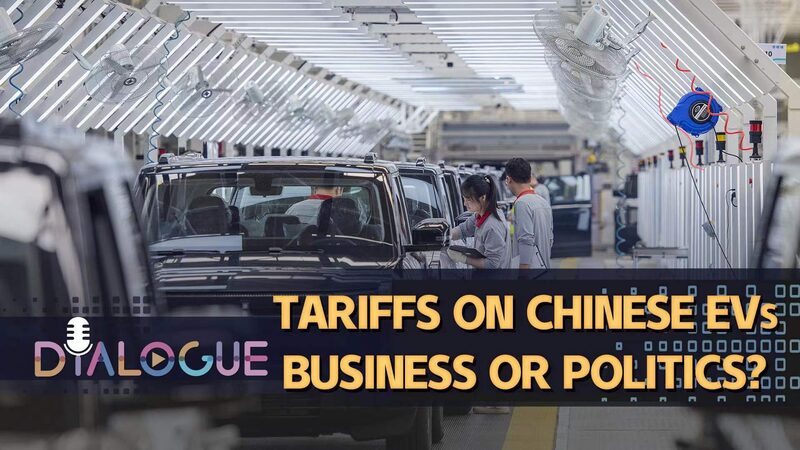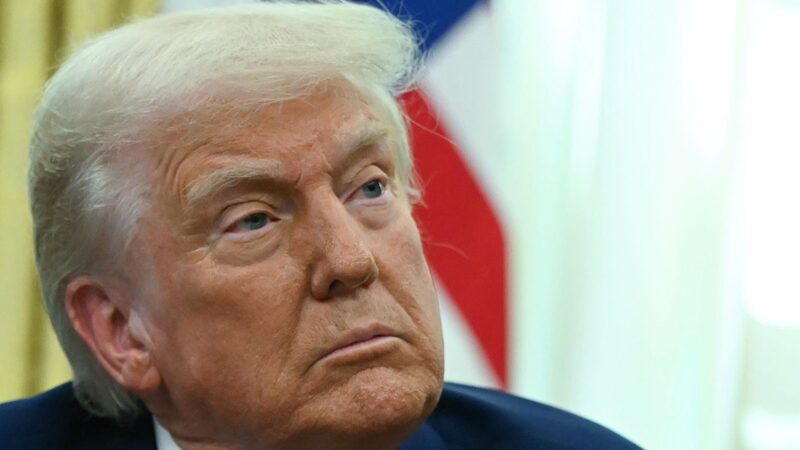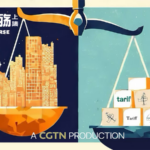As the 90-day pause on reciprocal tariffs expired this week, U.S. President Donald Trump's decision to let the measure lapse has set off a chain reaction across global markets. Notices of new tariff rates have been issued to 22 countries, reigniting debates about the efficacy of trade wars in reviving domestic industries.
In an exclusive panel discussion hosted by KhabarAsia.com, experts warned of mounting pressure on supply chains and shifting trade alliances. Tyson Jominy, VP of Data & Analytics at J.D. Power, noted: "U.S. manufacturers face a double bind—higher input costs and delayed shipments from Asia. This could accelerate regionalization of supply chains."
Einar Tangen, senior fellow at the Taihe Institute, highlighted Asia's adaptive strategies: "Countries like Vietnam and Indonesia are positioning themselves as alternative production hubs, while Chinese mainland firms are investing heavily in automation to offset export pressures."
Professor John Gong of the University of International Business and Economics cautioned that "tariffs alone won’t rebuild U.S. manufacturing—they risk inflating consumer prices and alienating trade partners critical to tech innovation."
With the WTO projecting a 1.2% drop in global trade volume this quarter, businesses and investors are closely watching how Asian economies recalibrate export strategies and domestic consumption drives. The coming months may redefine whether protectionism can coexist with today’s interconnected markets.
Reference(s):
cgtn.com


